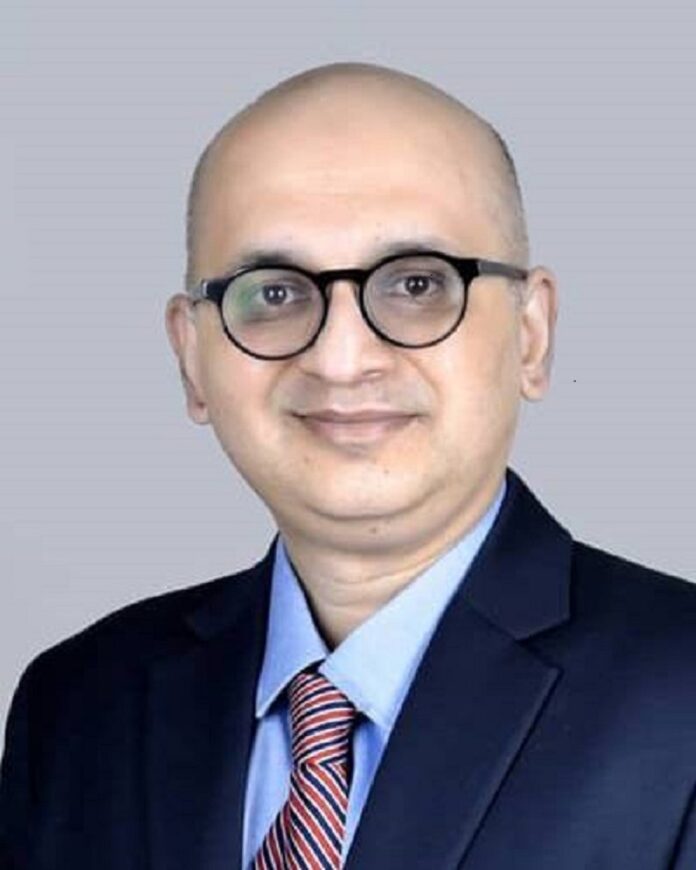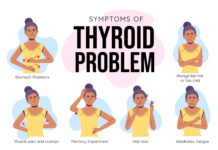Authored by Dr. Vikram Kekatpure, Head & Senior Consultant – Head & Neck Oncology, Aster CMI Hospital, Bengaluru
31st May is observed as world no tobacco day. It is an opportunity to renew our commitment towards tobacco control, creating awareness about tobacco related health issues, helping to quit tobacco use, initiate early cancer detection strategies and most importantly resolutely dissuade youths from getting addicted.
Worldwide, there are about 1.3 billion tobacco users, about one-third of India’s population either smoke or uses smokeless form of tobacco. This is responsible for about 80 lakhs deaths every year and an additional 10 lakh deaths among nonsmokers who are exposed to second hand smoke. Tobacco associated diseases cause more deaths every year than covid pandemic in last 2.5 years. Tobacco use is causally associated with multiple cancers, most common being head and neck cancers (mouth, throat, voice box) and lung. India has one of the highest incidences of head and neck cancers with estimated 500,000 new cases every year being added to existing burden. Besides cancer, tobacco use significantly increases risk of cardiovascular diseases (heart attack, stroke), chronic lung diseases, asthma, miscarriage, impotency etc. The long-term morbidity, like inability to open mouth, spice intolerance, tooth decay, anxiety, depression etc, leads to a poor quality of life. It is estimated about 30% of hospital beds can be freed if there is no tobacco. Besides health, tobacco habit has economic consequences, cost of buying tobacco, frequent hospital visits and absence from work, higher or no insurance. According to WHO, India loses 1% of its GDP to diseases and early deaths from tobacco use.
Important Announcement – EasyShiksha has now started Online Internship Program “Ab India Sikhega Ghar Se”
With increasing awareness, most tobacco users are aware of the harmful effects. Then why is it so difficult to quit tobacco habit? The answer is nicotine, a content of tobacco which is highly addictive. Nicotine releases neurotransmitters in brain activation reward signals and along with release of adrenalin which increases blood pressure and heart beats resulting in pleasurable response, colloquially “kick’. The problem is the response lasts for a short duration leading to urge for further nicotine. Each time there is incremental requirement of nicotine to experience the surge. The body becomes physically and psychologically dependent on nicotine. Stopping of tobacco causes withdrawal effect, such as intense craving, light headedness, restlessness, irritability, aggressiveness, lack of sleep, change in appetite, anxiety, depression etc.
Why should one quit tobacco habit? It is never late to stop smoking or chewing tobacco for own and loved one’s health, economic and social reasons. Tobacco cultivation and manufacturing is damaging the environment also, which is the theme of this year’s world no tobacco day. On an average, Individuals who have never smoked typically live 7 to14 years longer than smokers. Beneficial effects like clearing of carbon monoxide, normalization of heart rate and blood pressure, recovery of smell and taste buds can be experienced within few days. Within a few years the risk of heart attack and stroke reduces.
READ: The Shriram Wonder Years sets off the ‘Yellow Day’ event with rambunctious children and guffaws
Tobacco control and cessation intervention has three main levels: individual, health care and societal level.
Individual Ievel: The most significant step towards quitting is determination. Most tobacco users want to quit, atleast half have tried to give up the addiction in last one year. However, only one in ten adult smokers succeed in quitting. Mark Twain had famously remarked “Quitting smoking is easy. I’ve done it a thousand times”. pr
Preparing to quit
· Enlist the important reasons to quit tobacco. It helps to remind each time there is an intense urge.
· List the factors triggering tobacco urge, e.g work stress, alcohol intake, friend who smoke etc.
· Seek information from doctor regarding available options for nicotine replacement. Nicotine gums, patches etc are commonly prescribed. A psychological assessment may be necessary to understand level dependance and anticipate severity of withdrawal symptoms. Other medication including antidepressants may help to quit.
· Discuss with friends or join a support group who have successfully stopped tobacco use.
· Decide a date to quit.
Staying Quit:
· Don’t chew or smoke tobacco, even once.
· Discard all supplies from home, car, office, including lighters, paan and betel nut tray.
· Distract yourself by keeping busy. Plan activities with family and friends. Avoid being alone.
· Drink plenty of water.
· Do some physical activity every time there is an urge. Practice relaxation techniques.
· Dodge every situation enlisted earlier which drives the urge.
· Discuss with doctor in case of severe withdrawal effects, which are difficult to handle. Medications can be altered to better control the symptoms.
Health care Professional:
Hospital visits for any reason including preventive health checkup is a good opportunity for health care workers to sensitize tobacco user regarding harmful effects and encourage to quit. Studies have shown even a brief intervention from a doctor helps to improve quit rates. Incorporating, tobacco cessation counselling and providing information on cessation programs as part of every clinical consult could be a game changer. Similarly, opportunistic screening of high-risk individuals by health work helps in early detection of cancers. Oral cancer which is one of the commonest cancers in India can be detect by performing an office oral examination. Early detection of oral cancer helps in improving survival rates and reducing the treatment related morbidity and cost.
visit EasyShiksha for skill development
Societal level:
The tobacco control is effective if there are no new addicts. There should be zero tolerance to underage tobacco sale, smoking in public places like restaurants, offices, bus stations etc, direct or surrogate marketing of tobacco products. It is easy to influence young minds with surrogate advertisements and by imitating celebrity role models. We need to redouble our efforts to create awareness among children at school and college level. Unfortunately, still the average age of tobacco initiation remains under 18 years. Children should not only be protected from taking up this habit but they can be messengers of tobacco cessation by effectively convincing parents or close family members to quit.
There is need for easy accessibility to tobacco cessation clinics and support groups. Health insurances need to support the cessation program, early detection and screening and treatment of related ailments. Instead of being judgmental, family, friends and workplaces should encourage and support cessation efforts.
Therefore, let us all commit to
· Discourage our youth from tobacco menace
· Cheer Determination to quit tobacco
· And Drive cancer early detection and prevention





































































